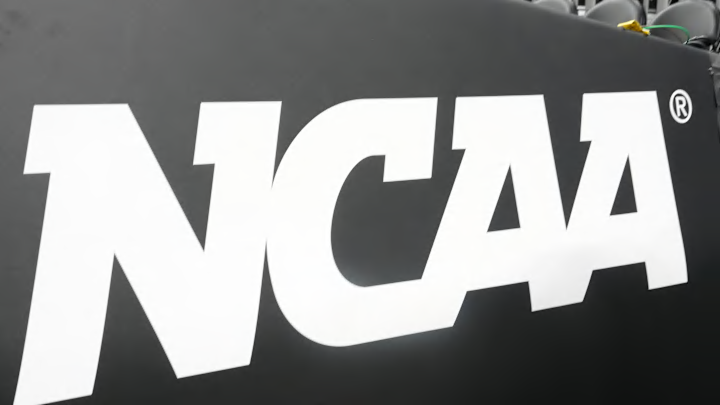As NIL and the transfer portal have completely changed college athletics, all the fans of the sport and the coaches have asked for were rules and regulations regarding NIL. Forever college fans have heard about the house settlement, which would bring about rules regarding NIL while also bringing in revenue sharing but, it has taken forever to finally get approved.
On Friday night, Judge Claudia Wilken finally signed off granting final approval to the proposed settlement.
NEW: Judge Claudia Wilken has approved the landmark House v. NCAA settlement, which will usher in revenue sharing and roster limits to college sports.https://t.co/UQdwaVC8ji pic.twitter.com/LDVJl4bwgb
— On3 (@On3sports) June 7, 2025
The landmark case that will forever shape college athletics going forward has finally been put in place bringing about some much needed rules regarding NIL the transfer portal and revenue sharing. For the fans and players, the settlement has several key highlights which should eliminate many concerns.
The first key point of the settlement allows college athletes to finally be paid by their schools as revenue sharing enters college sports. Each program will be granted up to $20.5 million to share with its athletes across several sports.
As the players can now earn money from their schools, some much needed regulation over the NIL deals. That athletes are signing is also put into effect. The NCAA now has a clearing house that will review each NIL deal which will ensure that it’s truly being the used the way it’s intended to be used rather than collectives putting together false deals.
This will also help the athletes as it can cut down on issues like we saw with Matthew Sluka at UNLV or with Jaden Rashada at Florida.
The other key piece of the settlement is that the schools have agreed to grandfather the scholarship athletes in meaning that the new changes won’t result in athletes losing their scholarships. As the grandfathered athletes move out of College sports, roster limits will start to come into play.
The NCAA will pay former athletes in the settlement $277 million per year over the next 10 years in back damages.
While the house settlement took much longer than anyone could’ve expected, rules are finally in place in college football. Revenue sharing should allow teams a level playing field on the NIL front which may help schools that have had athletes poached in the transfer portal by opposing schools. This will likely be the first of many sets of rule changes we will see across several years, but today is a much needed addition of clarity to college athletics.
